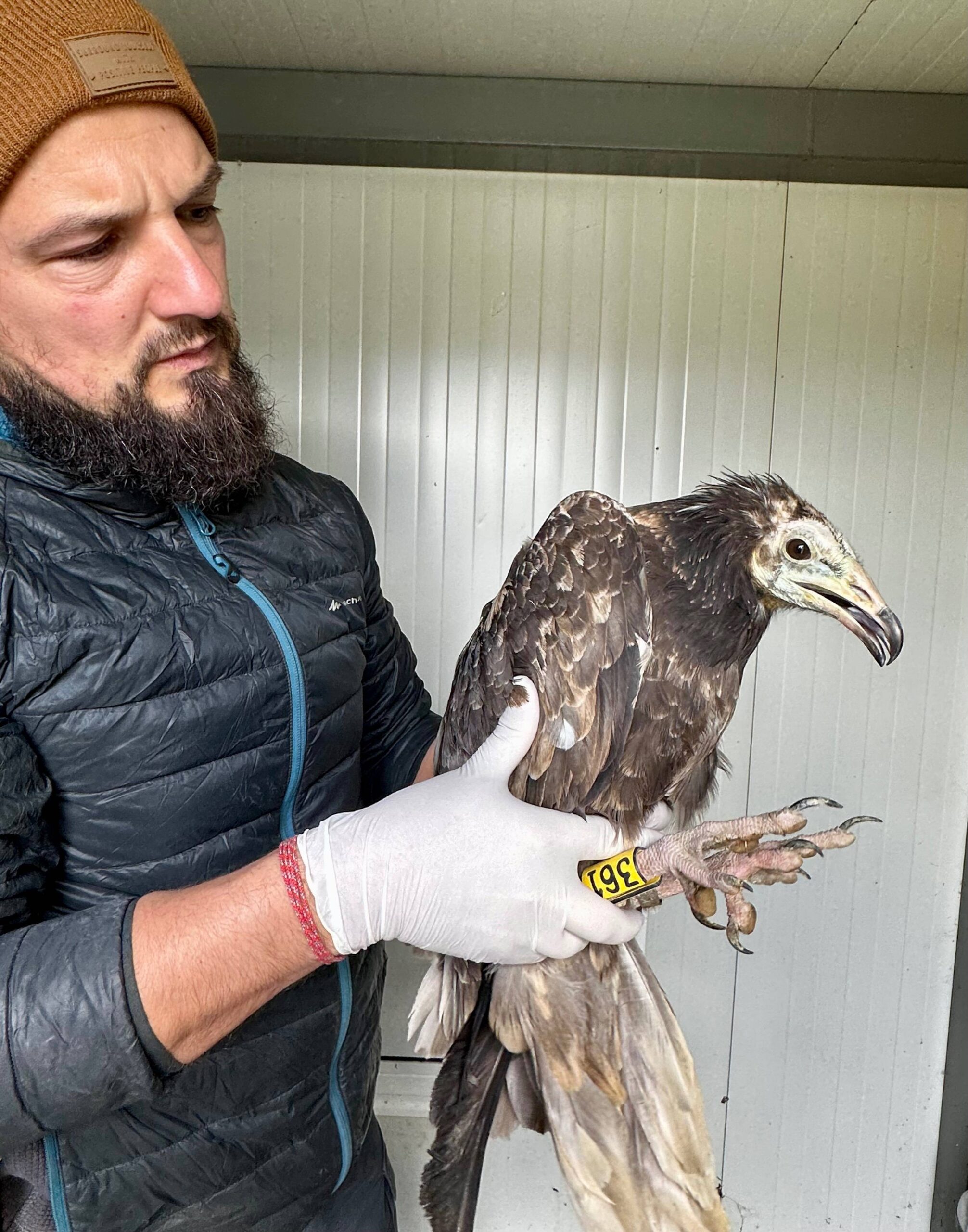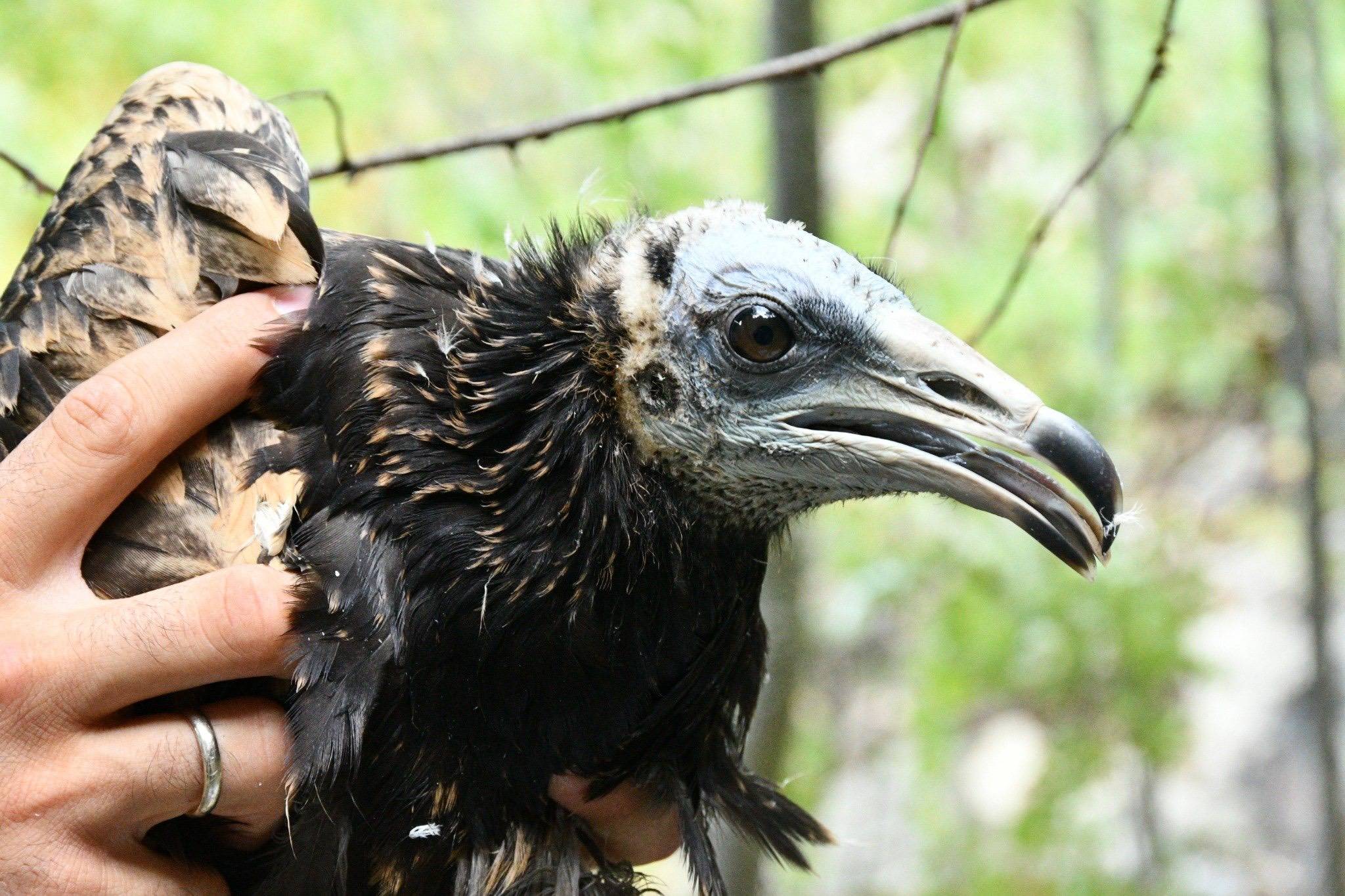A LIFE RUPIS project aims to implement actions to strengthen the populations of the Egyptian vulture (and the bonelli´s eagle) at the trans-border Douro, by reducing the mortality of these birds and increasing their breeding success. The Egyptian vulture is the smallest vulture in Europe, and it is classified as “Endangered” – in Europe its populations have declined by 50% over the last 40 years.
The project includes equipping electric lines against electrocution, several actions that aim to minimize the threat of illegal poisoning, targeted management of over 1,000 hectares of important habitats for the species and also the creation of a network of supplementary feeding stations.
But it does also include a comprehensive awareness raising and environmental educations programme – we all know that for conservation efforts to be sustainable, local populations need to accept and support the conservation efforts, and thus the project team developed an ambitious calendar of activities in schools on both sides of the border, which is implemented by SPEA, Palombar and ATN on the Portuguese side, and by the Fundación Patrimonio Natural de Castilla Y León on the Spanish one.
During three full school years students on the Portuguese and Spanish side of the Douro canyon are often visited by the LIFE RUPIS outreach team. This year alone almost 600 students (from the 3rd to the 12th year) and 43 teachers were reached in Portugal (Miranda do Douro, Mogadouro, Freixo de Espada à Cinta and Figueira Castelo Rodrigo).
During these visits younger students discover replicas of some of the species on a real scale, and go through exercises to propose solutions to the threats affecting Egyptian vultures and other target species. Older students play a question-team game and discuss in a round table topical conservation issues, like the pros and cons of legalizing the use of veterinary Diclofenac, a drug that is extremely toxic to vultures and should be banned from Europe (it is legally available in Spain).
Now the teams will follow up the classroom visits with organised field trips this spring- looking forward to see again the expressions of wonder and awe in the face of all those children!
The LIFE RUPIS project is implemented by the VCF and partners, including SPEA (BirdLife in Portugal), ATN and Palombar (regional conservation organisations in NE Portugal), the Junta de Castilla y Leon & the Fundación Patrimonio Natural de Castilla Y León, the Portuguese electricity distributor EDP-D, the Portuguese statutory conservation agency ICNF and the Portuguese environmental police force (GNR), and is co-funded by the MAVA Foundation.





